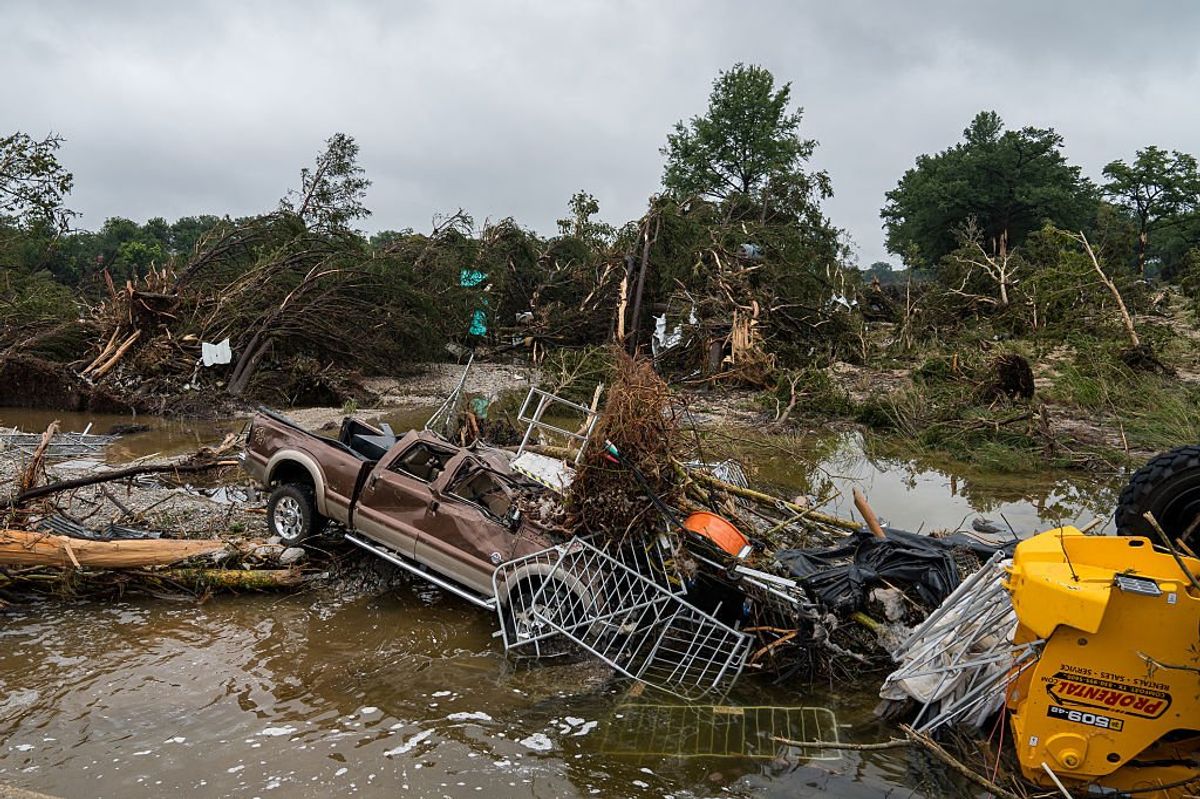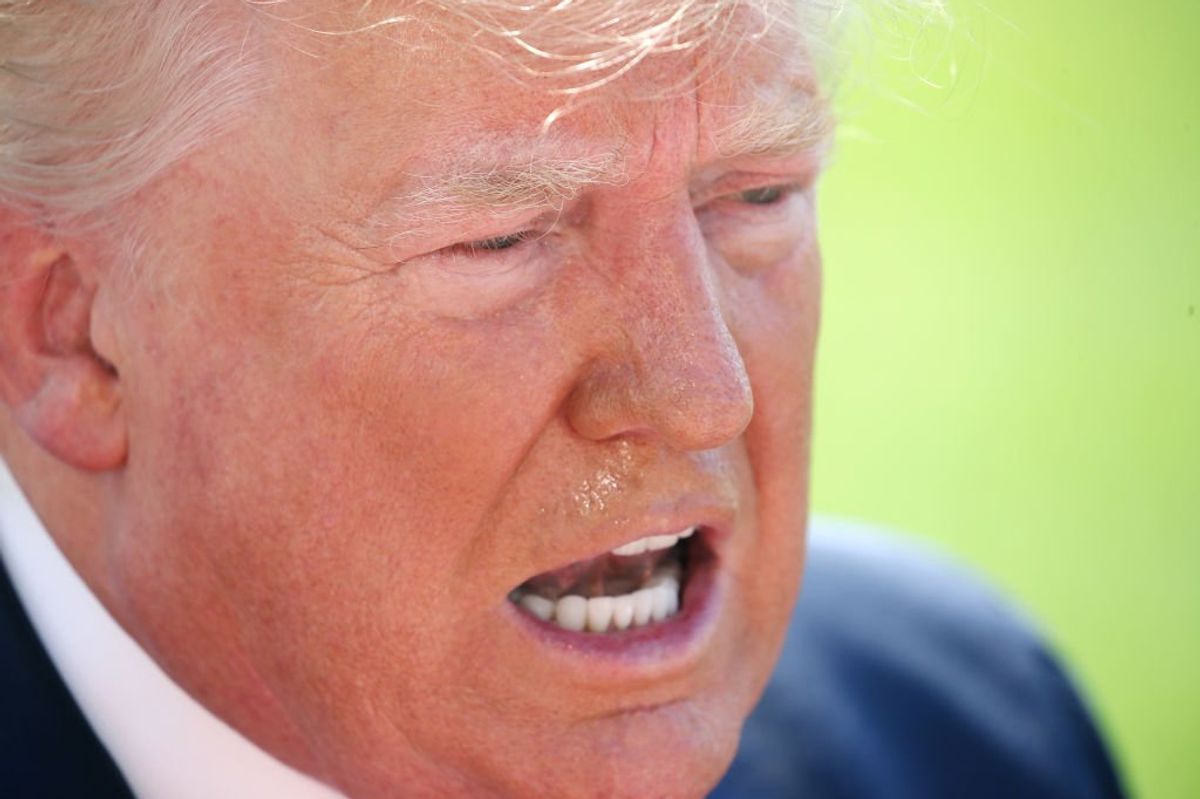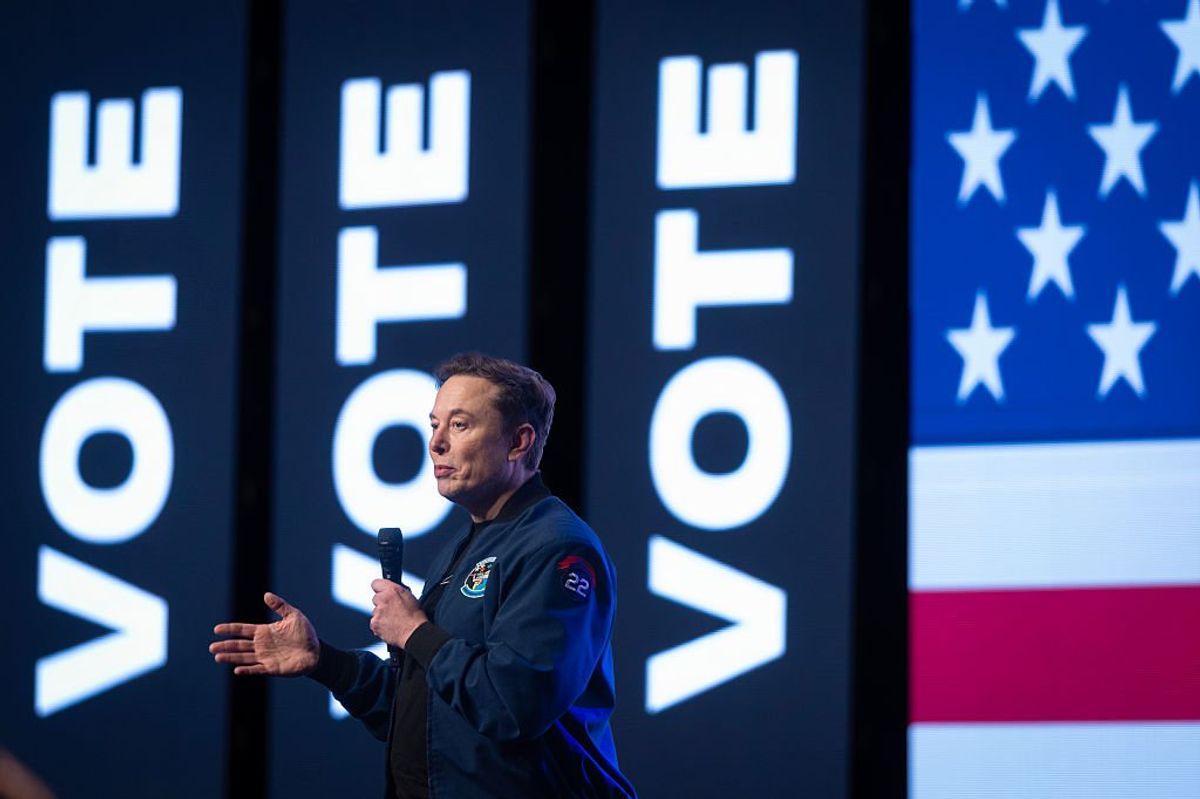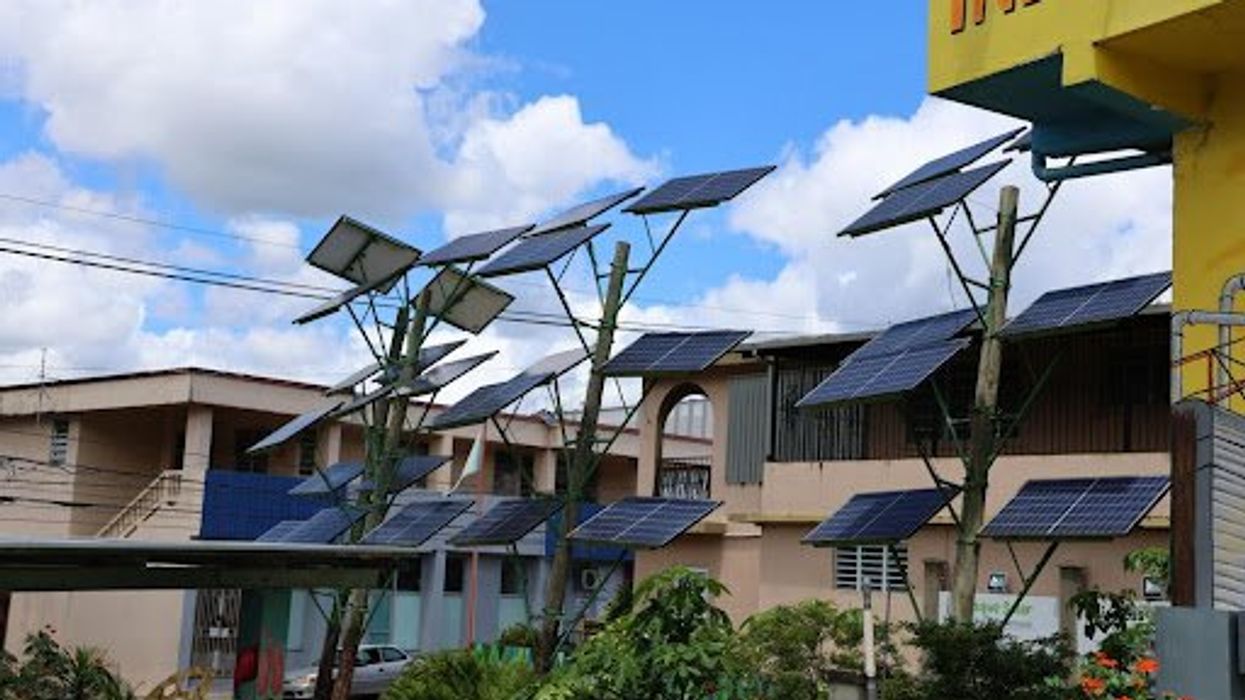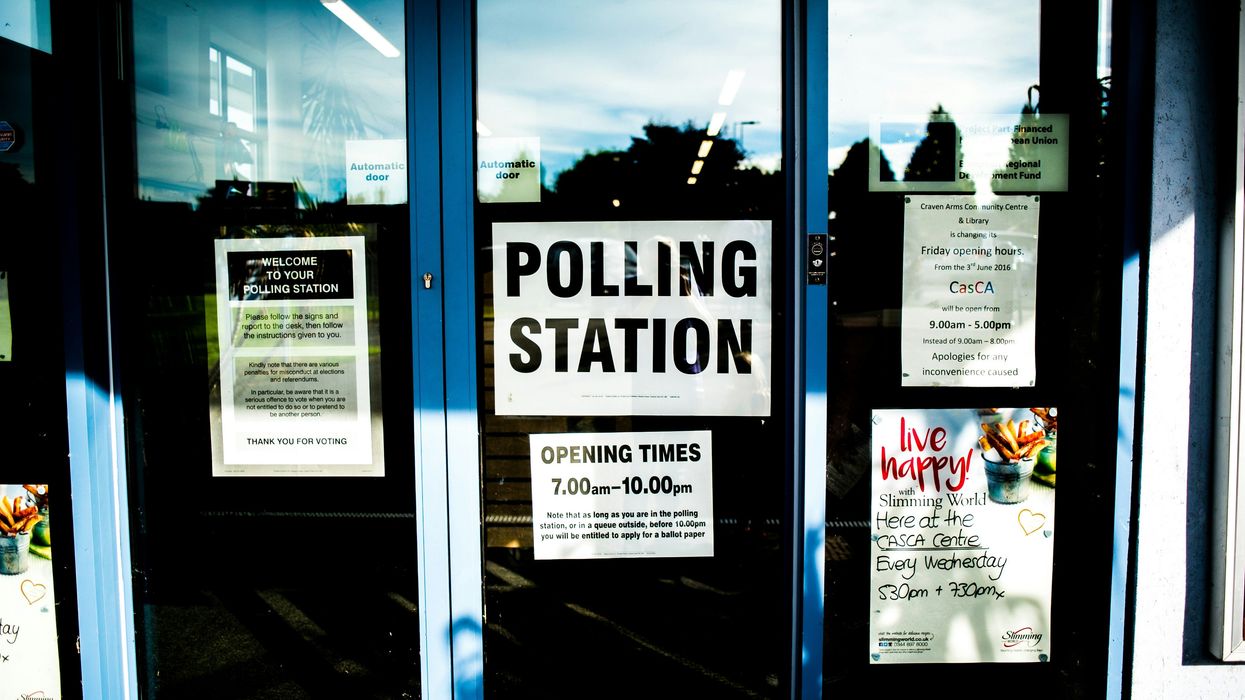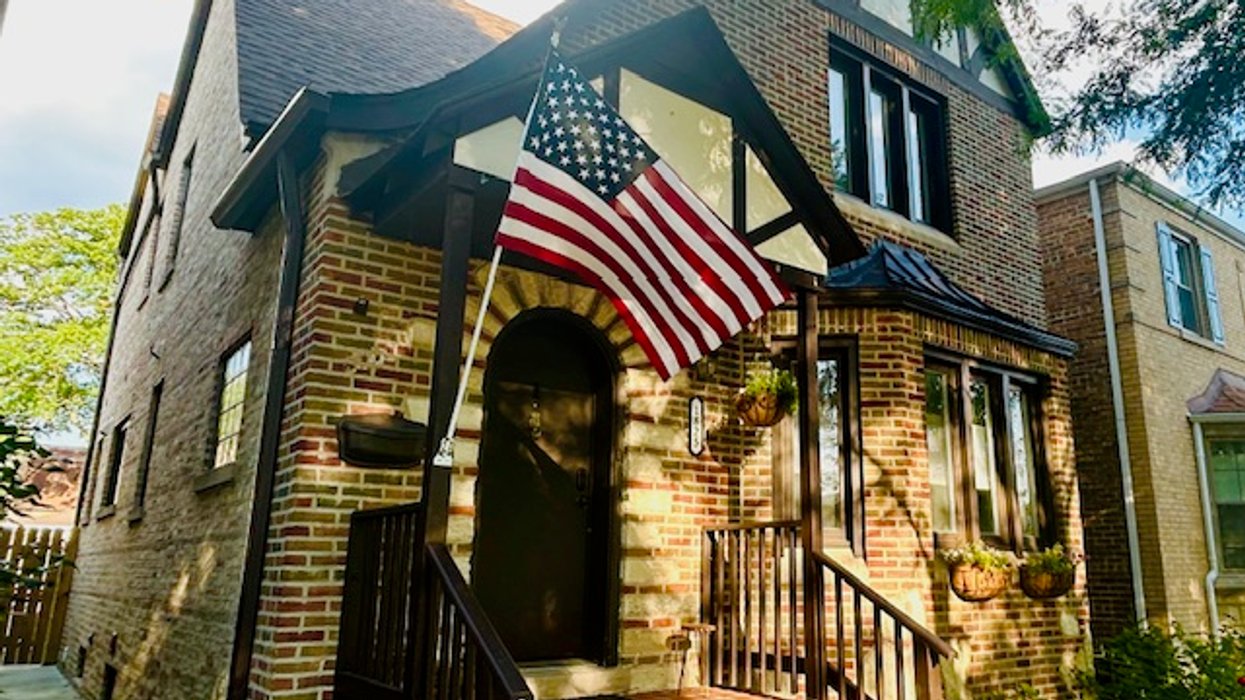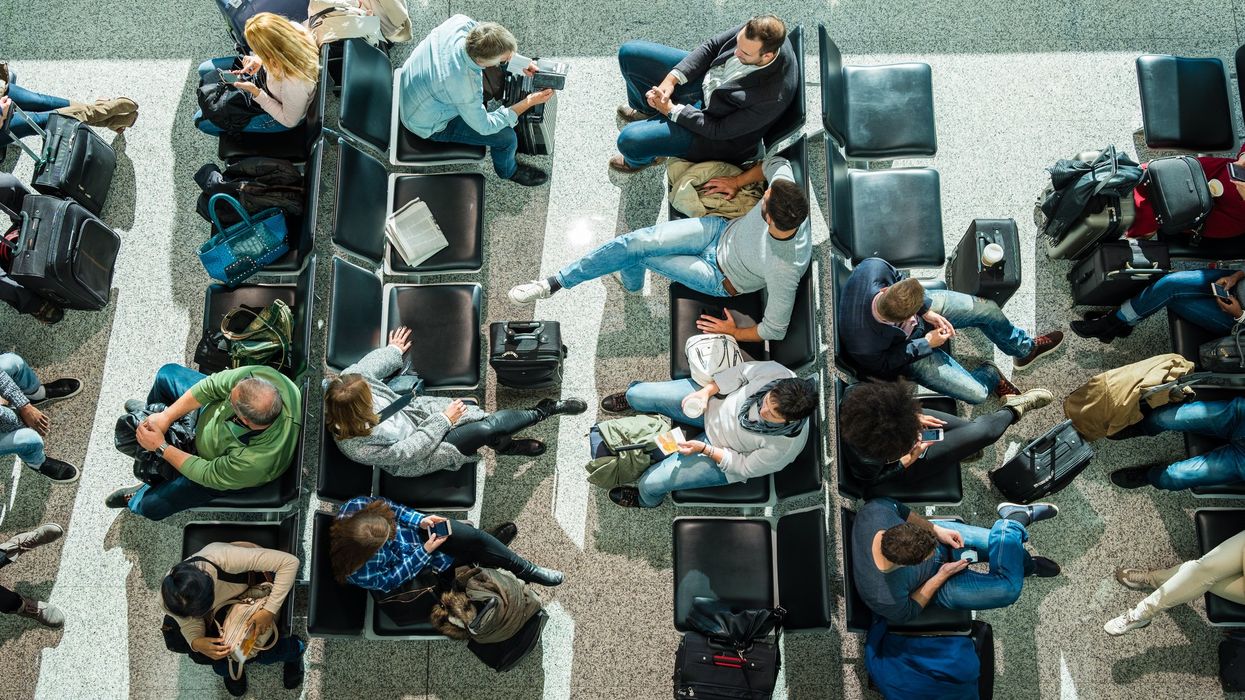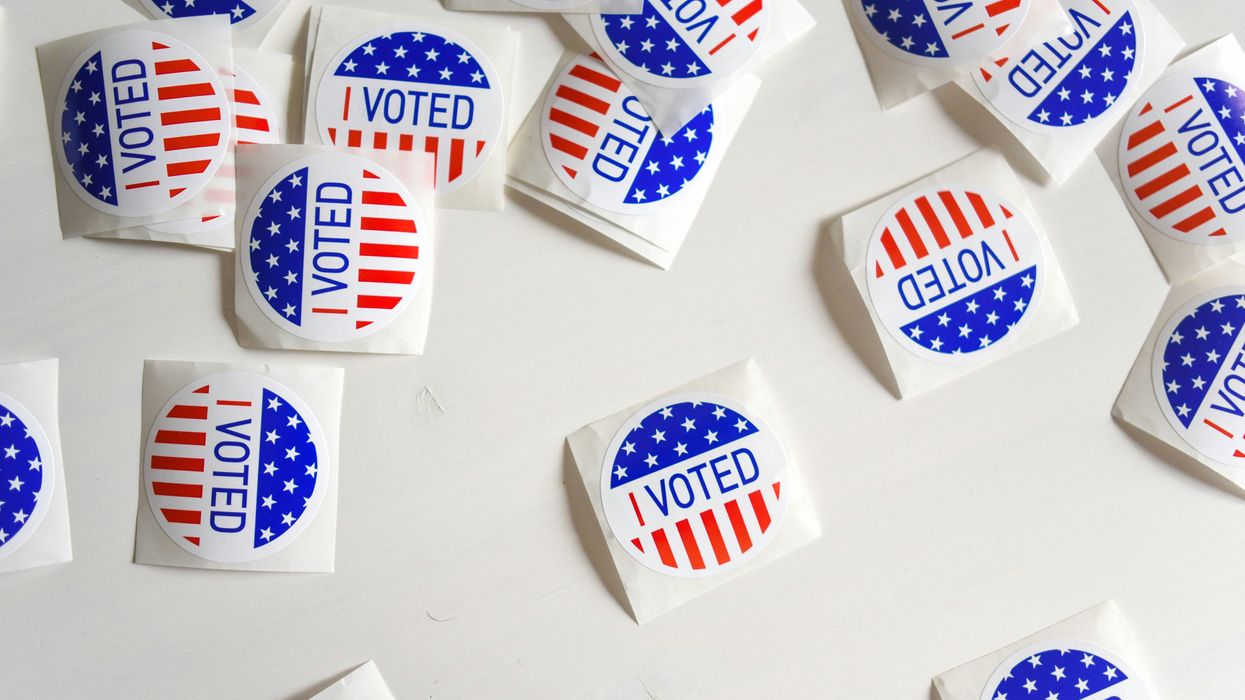McGehee is executive director of Issue One, a cross-partisan political reform group. (It is incubating, but journalistically independent from, The Fulcrum.) She leads its Don't Mess With US project to stop foreign interference in our elections.
The debate around election security has been fierce and full of misinformation in recent days. Now that it's circled all the way back around to the cable news and pundit class, it is time to clear the air around what's quickly devolved into a partisan, points-scoring exercise.
Foreign interference is a national crisis, and stopping foreign interference is about the integrity of our elections, not political wins.
Remember: Russia, China, Iran, North Korea and others don't see political party; they see weaknesses and vulnerabilities to exploit and divide our nation. An attack on one of us is an attack on all of us, and we need a strong and unified response because they are working to weaken America as we speak. This impacts all of us.
So here are the facts. More than 120 million Americans saw disinformation spread by the Russians in 2016. They targeted election systems in all 50 states and hacked the voting databases in Florida and Illinois, stole personal information on 500,000 U.S. voters and were positioned to manipulate voter registration data. Foreign cyberattacks undermined candidates in both parties in the past election cycle — Jeb Bush, Marco Rubio, Lindsey Graham, Hillary Clinton and more — and foreign operatives tried to impersonate candidates for office. The heads of the intelligence and national security communities have repeatedly emphasized that foreign attacks are stemming from Russia and other countries including China, Iran, and North Korea.
While some states are moving ahead with their own election security efforts, at least 10 secretaries of state, from both parties, have been pleading for more money to help protect their election systems in 2020 and beyond. That's because while they don't need Washington telling them how to run their elections, these states want more resources and training. Chris Krebs, director of the Cybersecurity and Infrastructure Security Agency, previewed this problem for a House Appropriations subcommittee when he said this of the Russian government: "I know what they did in '16. I know what they tried to do in '18. What will they do in 2020? That's what keeps me up at night."
Republicans and Democrats in Congress get this. There are a handful of bipartisan bills in the House and Senate, sponsored by members of the Intelligence committees, that would serve to directly plug loopholes in our elections that foreign actors are looking to exploit in 2020 and beyond: The Secure Elections Act would help better safeguard our political system while reaffirming each state's role in administering federal elections; the Honest Ads Act would directly counter the tactics used throughout the 2016 election that led to more than 126 million Americans consuming disinformation; the DETER Act would sanction countries found to be interfering in our elections; the Foreign Agents Disclosure and Registration Enhancement Act would modernize and enforce lobbying laws on the books and impose real penalties for rule breakers; the Shell Company Abuse Act would stop foreigners from using tax loopholes to engage in illegal political activity.
These are just five important steps Congress could take immediately to prevent foreign disruption in our political system.
There is no silver bullet to election security but we have to take action now. That's why Senate Majority Leader Mitch McConnell, a staunch opponent of security measures that would "federalize" elections, has begun to change his tune and has expressed openness to compromise. That is positive.
This is not about 2016. It's about 2020, 2022 and every election beyond. No foreign power should be able to interfere with our elections and how we choose our leaders. This is America and we must protect our sacred electoral process. It's time for Congress to place the needs of the country over allegiance to their political parties.
